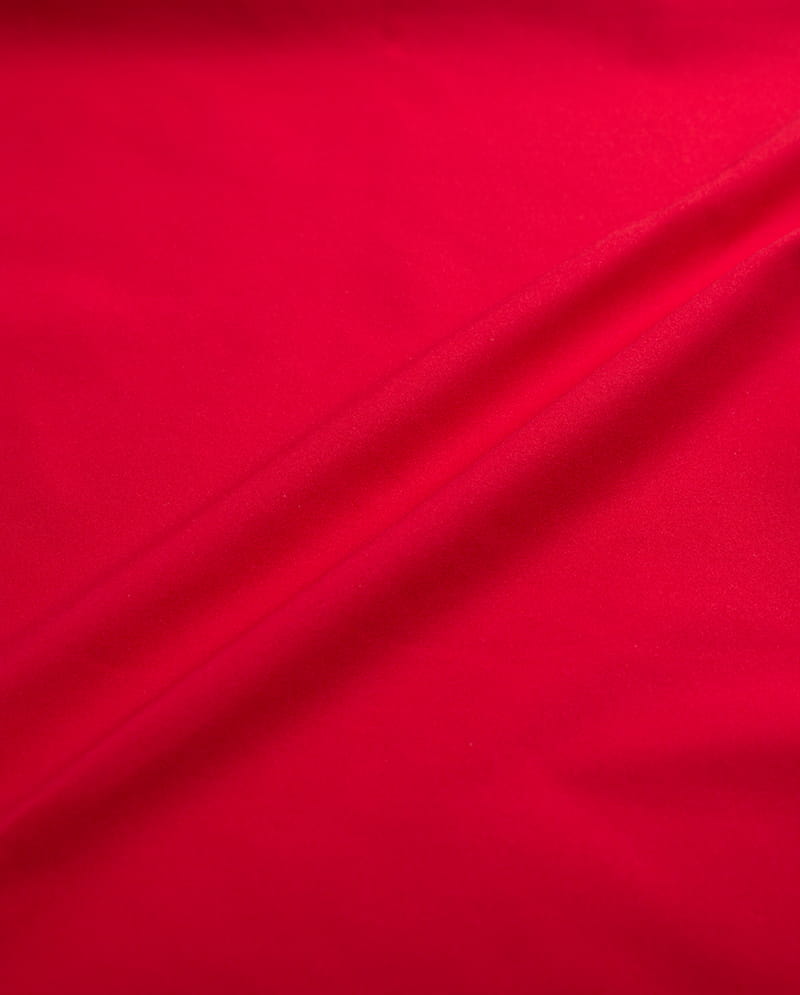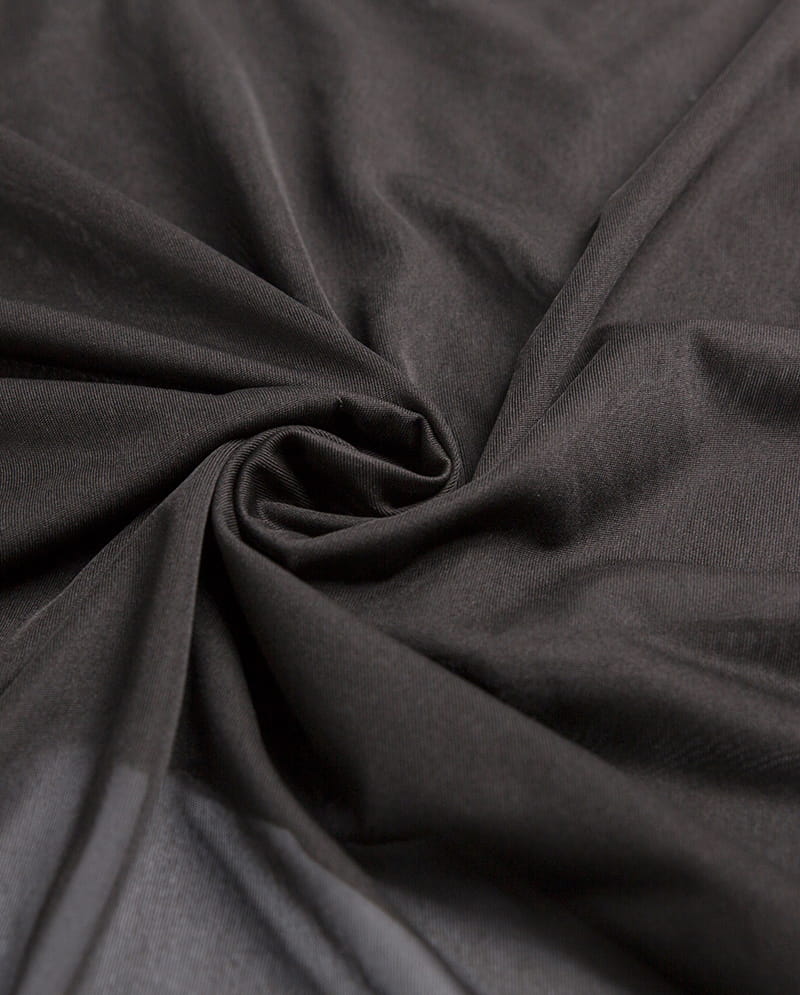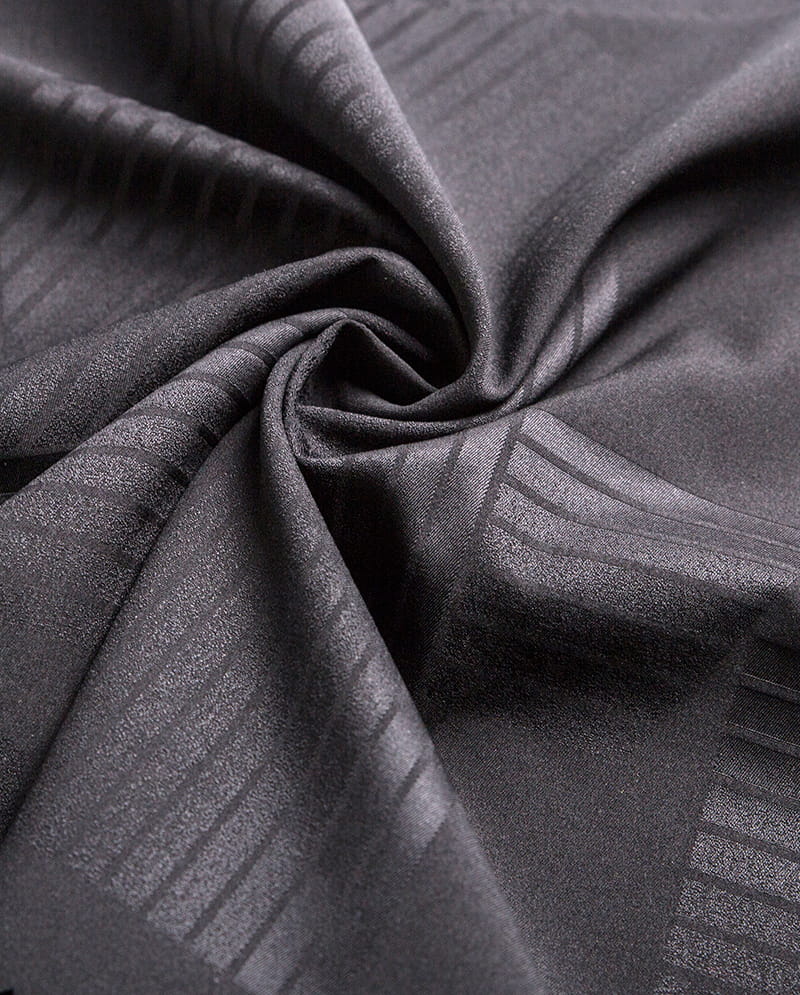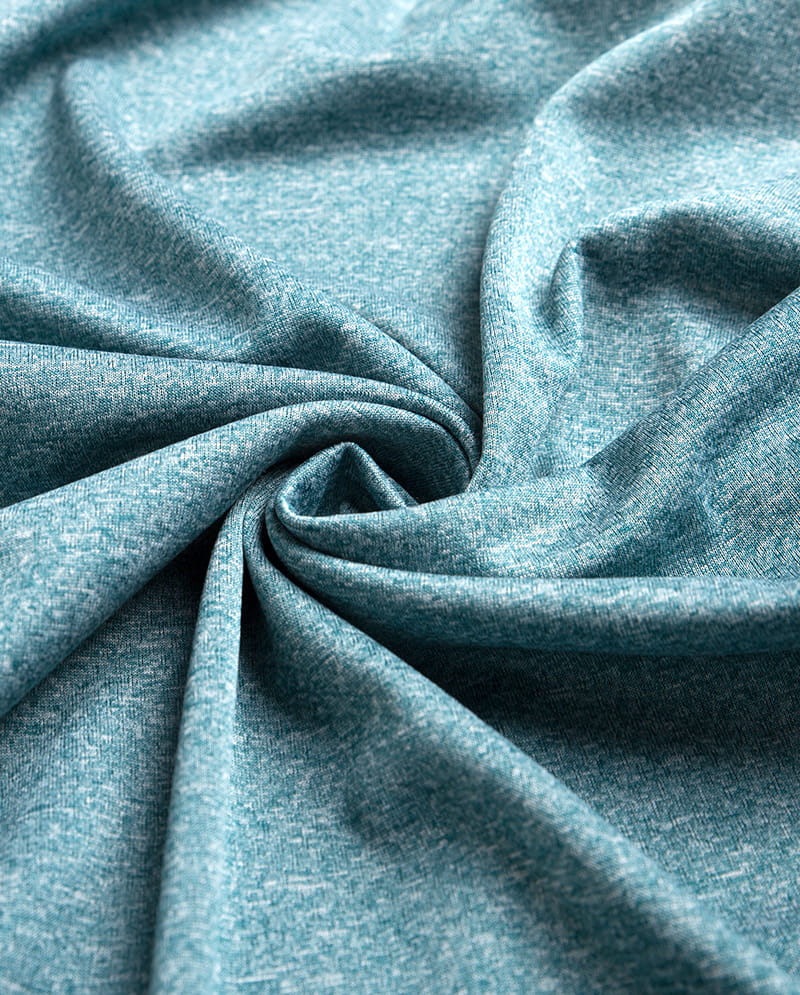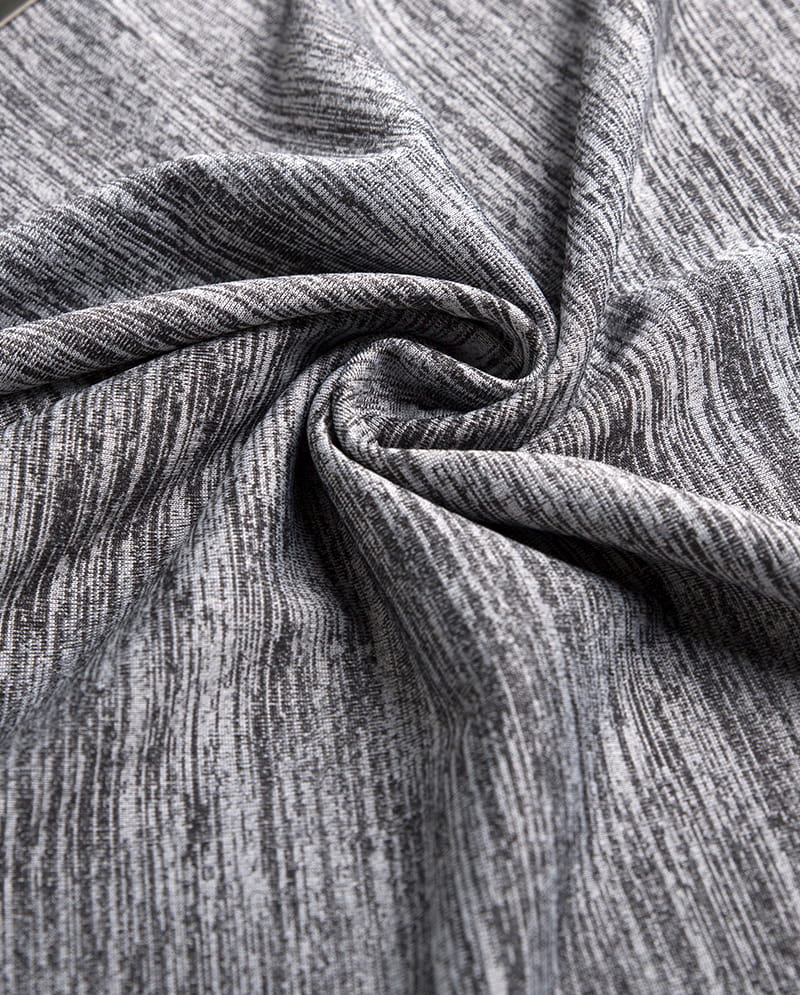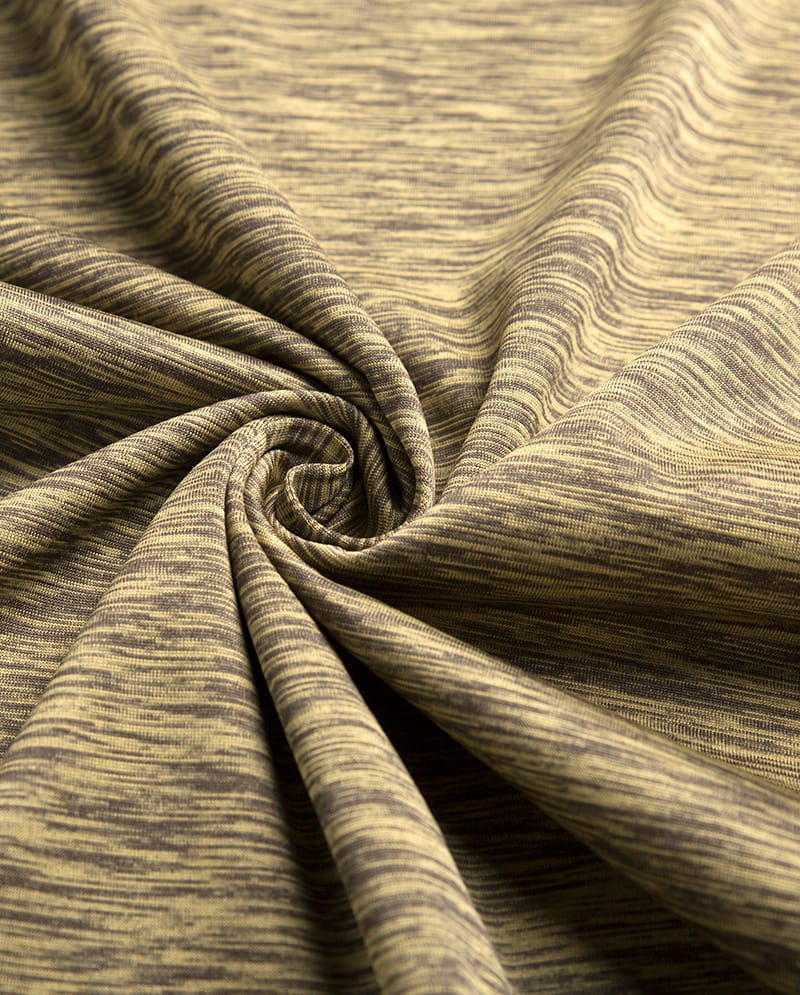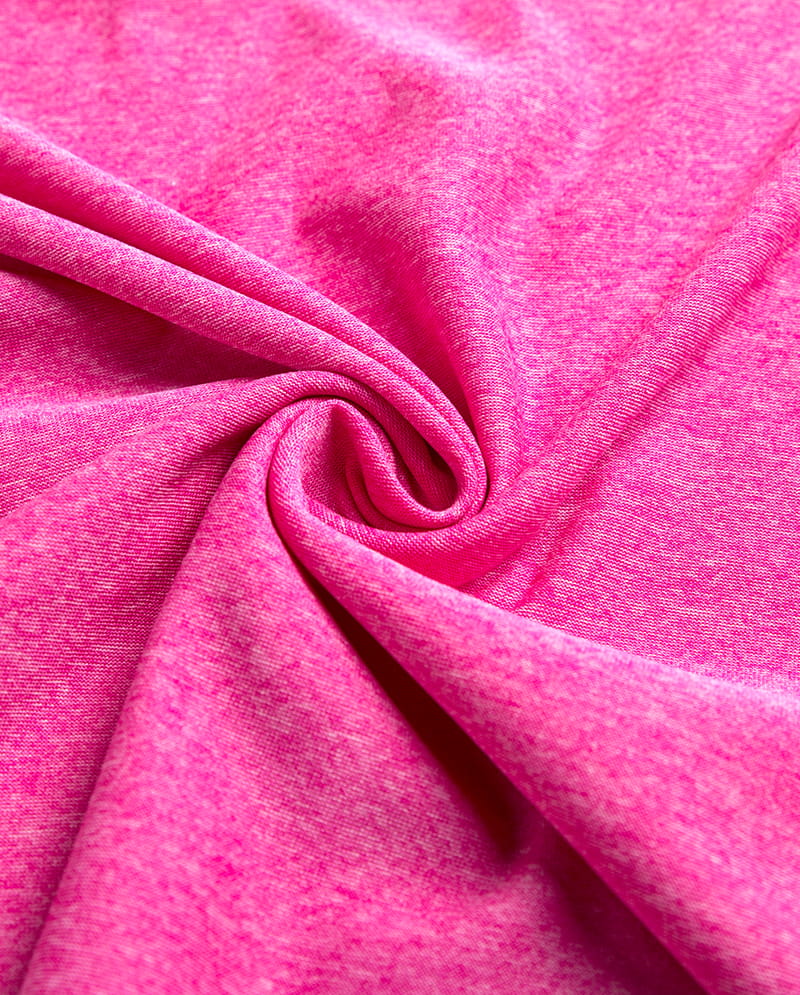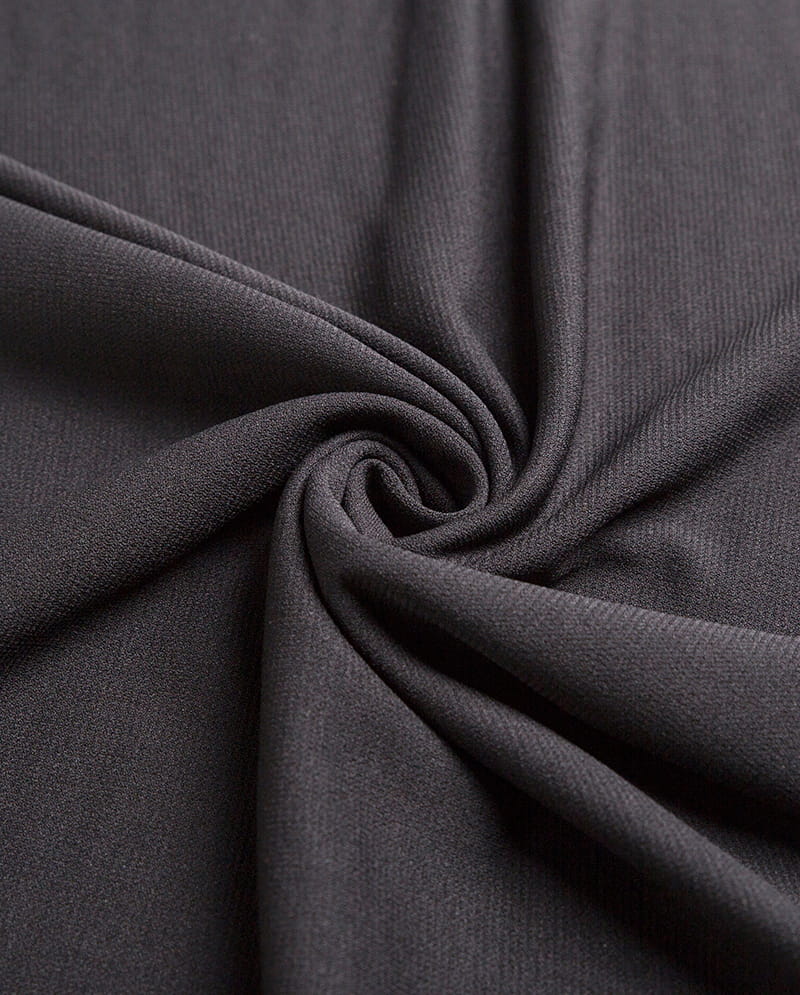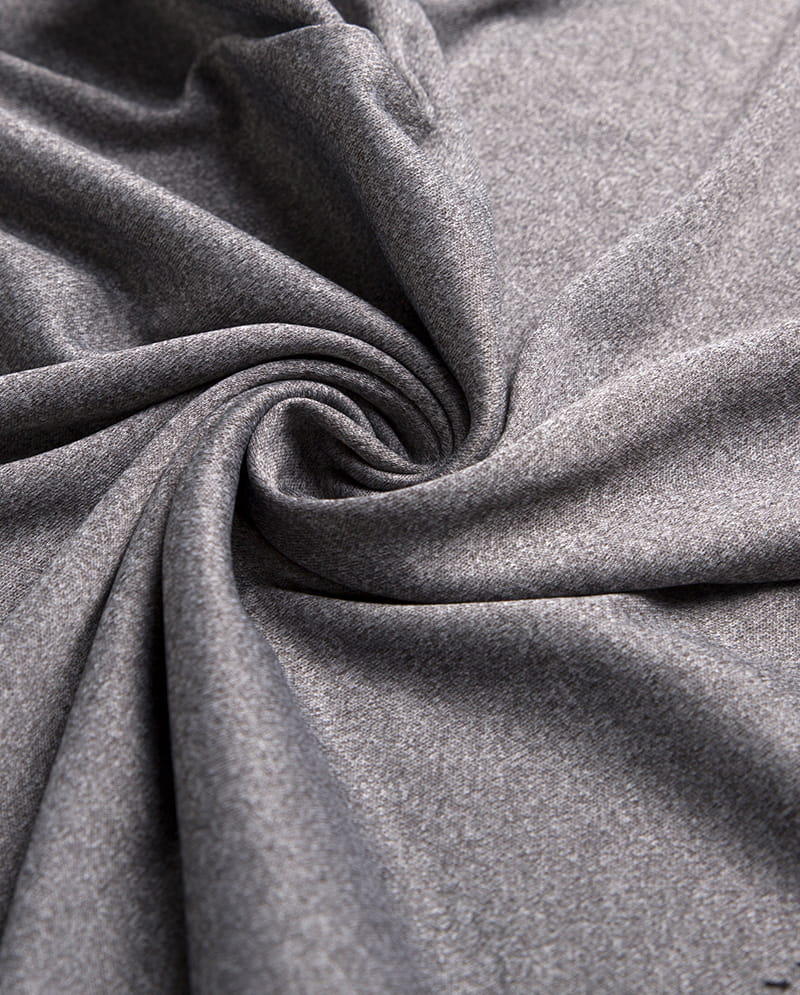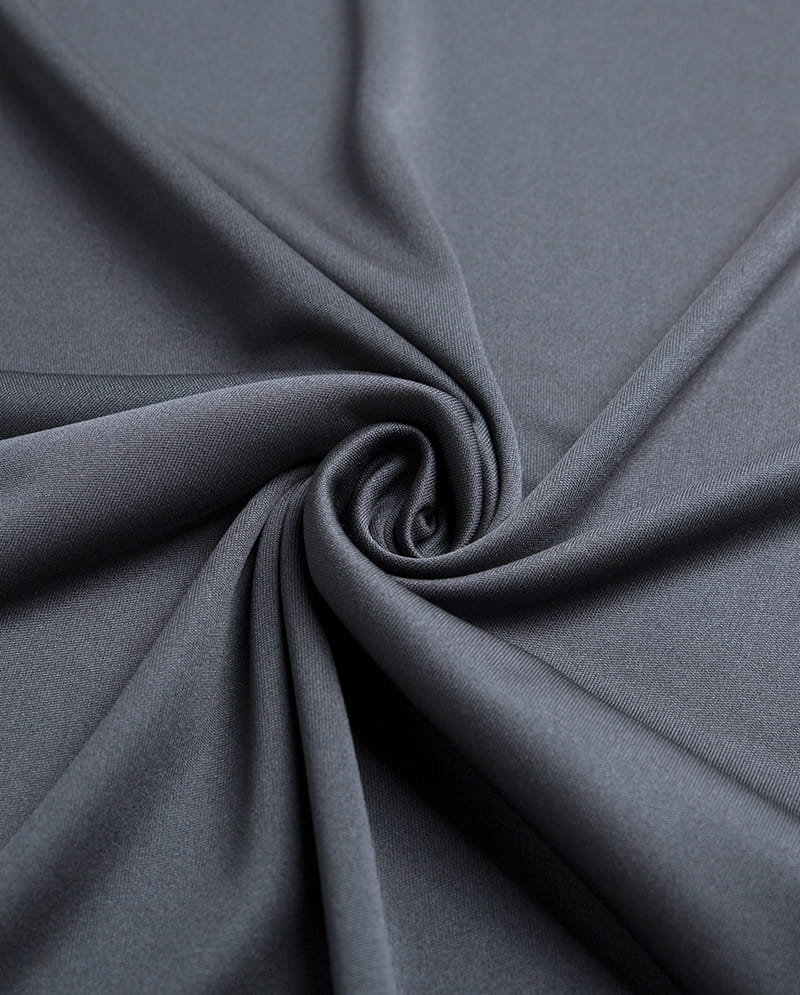Elevating Textile Sustainability: The Promise of Recycled FDY Yarn
In the evolving landscape of textile innovation, sustainability is no longer a buzzword—it’s a mandate. Amid this transformation, Recycled FDY (Fully Drawn Yarn) has emerged as a compelling solution for manufacturers and brands committed to reducing environmental impact without compromising on quality or performance.
FDY yarn, traditionally known for its high tensile strength, consistent denier, and superior luster, is now being reimagined through post-consumer and post-industrial waste streams. This shift not only aligns with global circular economy principles but also signals a new era where functionality meets ecological responsibility.
At its core, recycled FDY yarn is produced by melting down discarded polyester materials—such as PET bottles, fabric remnants, or used garments—and extruding them into continuous filaments. These filaments are then drawn and oriented in a single process, resulting in a yarn that retains the structural integrity and aesthetic appeal of its virgin counterpart. The outcome? A versatile fiber that serves a wide range of applications—from activewear and outerwear to home textiles and industrial fabrics.
One of the most compelling attributes of recycled FDY is its ability to significantly reduce carbon emissions and water consumption during production. Unlike conventional polyester, which relies heavily on petroleum-based feedstock and energy-intensive processes, recycled FDY diverts waste from landfills and curtails reliance on finite resources. For eco-conscious consumers and forward-thinking brands alike, this represents more than just a material choice—it's a declaration of values.

Moreover, advancements in polymer recycling technologies have enabled manufacturers to achieve color consistency, durability, and softness that rival traditional fibers. Innovations such as solid-state polymerization and advanced filtration systems ensure that contaminants are effectively removed, preserving the purity and performance of the final product.
The growing demand for sustainable textiles has also spurred collaboration across the supply chain. From fiber producers to fashion houses, stakeholders are integrating recycled FDY into their product lines to meet both regulatory expectations and consumer demand. Certifications like GRS (Global Recycled Standard) further validate the authenticity and traceability of these materials, reinforcing transparency in an otherwise opaque industry.
In essence, recycled FDY yarn is not merely a substitute for virgin polyester—it's a catalyst for systemic change. It bridges the gap between industrial efficiency and environmental stewardship, offering a scalable model that can be replicated across sectors. As the world grapples with the challenges of plastic waste and resource depletion, solutions like recycled FDY provide a tangible path forward—one thread at a time.
For brands aiming to future-proof their offerings, adopting recycled FDY yarn isn’t just strategic; it’s essential. It reflects a commitment to innovation, resilience, and responsibility—qualities that will define the next generation of textile excellence.

 English
English 中文简体
中文简体